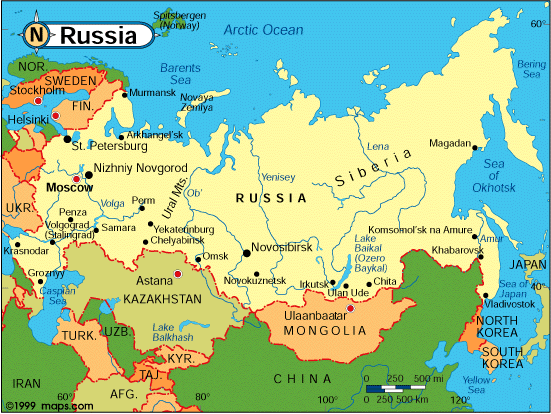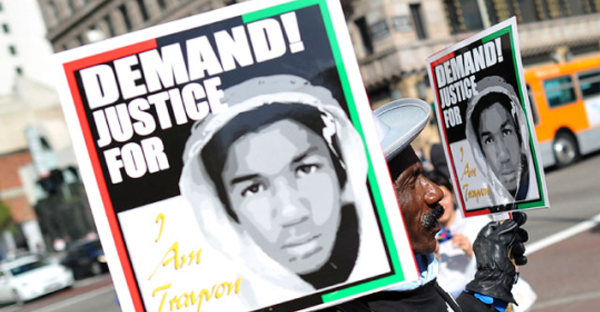When I joined this class, I did not think it would affect my
life in any way. To be honest, I didn’t believe that I would even learn
something that was vital to life. However, I’ve learned so much, that it changed
my perspective of society. I learned to think by using a sociological
imagination and realized that other factors affect my life. Everything that
goes wrong in my life, isn’t necessary all my fault. This class has made me
become aware of so many issues that are going on in the United States and
around the World. I’ve learned about social equality and social construction.
All of these things have really changed my perspective on the world we live in
today. I struggled with deciding one topic to write this blog about. However, I
chose to write about one topic that has really opened my eyes in the way that I
can change my social life. The topic
I chose to write about is the self-fulfilling prophecy.
Self-Fulfilling
Prophecy: Assumption or prediction that in itself causes the expected event
to occur, thus seeming to confirm the prophecy’s actions (Newman, 64).
I first
learned about Self-Fulfilling prophecy when I watched part of a movie, called
The Secret. My understanding of the Self-Fulfilling prophecy was that basically
if I act like I already have something, or I put it up on my wall, eventually I
will obtain that object. So, I decided to put a picture up on my wall of
something I really wanted; a pink jeep. I knew I was going to get a used car
from my parents before senior year and I really wanted this pink jeep. However,
when I finally received my car it was a rusty old minivan. After that, I
thought “The Secret” was a bunch of bologna and I never really thought of it
again until this class. After reading Chapter 3: The Social Construction of
Knowledge, I’ve learned that the self-fulfilling prophecy is more useful and
complicated than I had originally thought.
According
to Newman, A self-fulfilling prophecy is an assumption or a prediction that,
purely as a result of having been made, causes the expected event to occur and
thus confirms the prophecy's own "accuracy" (Newman 64). In other
words, the mere belief in some version of reality creates expectations that can
actually make it happen. When I think of a self-fulfilling prophecy, I think of
the Greek mythology story of Oedipus. This is also a very simple way to explain
the self-fulfilling prophecy. In the story, an oracle declares Oedipus would
kill his father and marry his mother. He is then sent off to avoid this fate, but
in the process of running away from it, it sets off a chain of events that
makes that very prophecy comes true.
There are also many real life
examples of the self-fulfilling prophecy. An example of this prophecy is if
someone believes and says that “this is going to be a horrible day!” they will
be in such a bad mood that they see nothing but bad things and possibly react
negatively to everything. An optimist who says “this is going to be a great
day!” sees nothing but good things and turns crises into opportunity. The
self-fulfilling prophecy can not only be utilized towards attitudes and
emotions, but they can be particularly powerful in social institutions. For
example, in schools, teachers can unconsciously affect the progress of students.
If a teacher believes a student to be especially intelligent, they might give
that student more attention. As a result, this student might feel more
intelligent and confident, and therefore receive a better grade in the class. Finally,
self-fulfilling prophecies can affect people physically. The book gives examples
of the “placebo” effects. This is the tendency for patients to improve, because
they have been led to believe they are receiving some sort of treatment, when
they are actually not.
I
believe this is a very important concept for people to be aware of, because it’s
ultimately saying your thoughts build your own reality. Everyone has the
capability to construct their own reality. Self-fulfilling prophecies can have
both positive and negative outcomes depending on the truths you have created. I’m
really thankful for learning about the self- fulfilling prophecy, because it
reminds me that I can lead my own life. It reminds me to have a positive
outlook on the world and the intentions you set for yourself are likely to
occur.




















